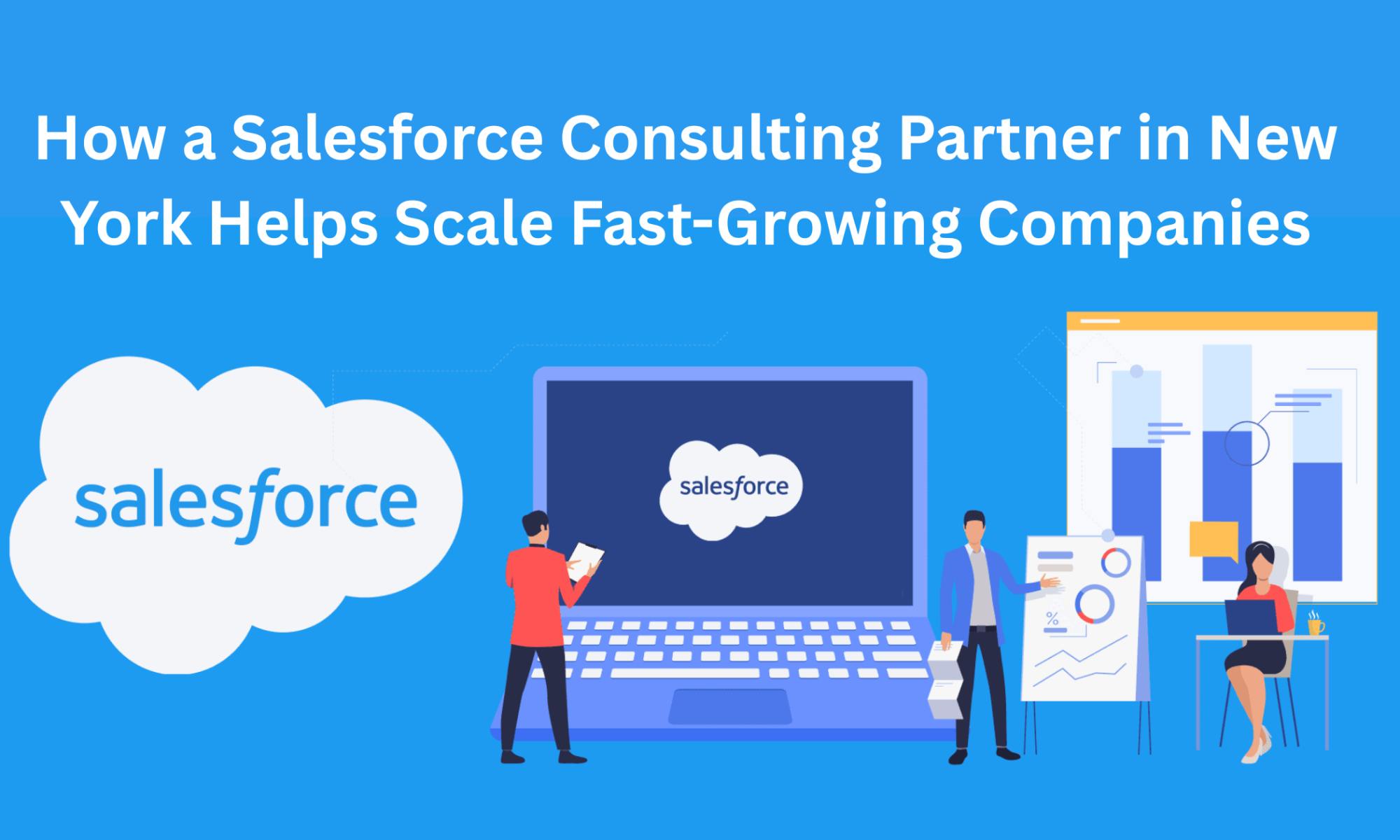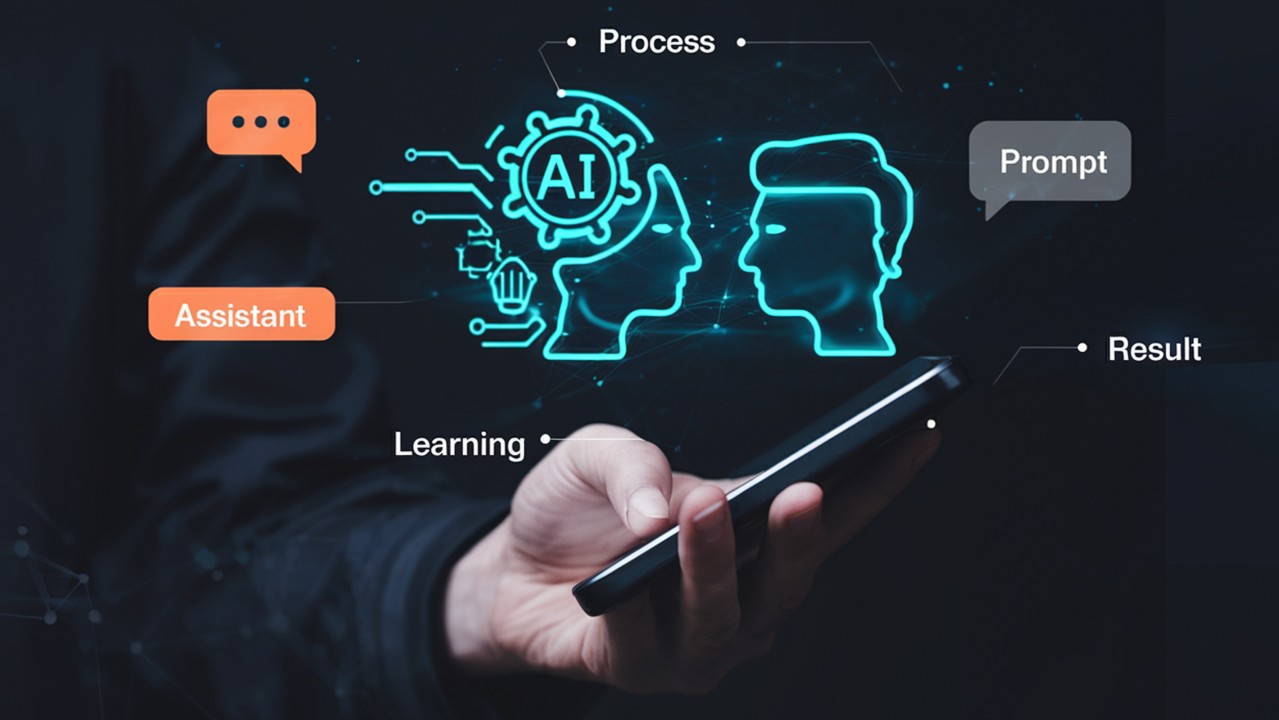Fast-growing companies face unique challenges—rapid customer acquisition, expanding sales teams, complex data management, and the need for real-time insights. In a competitive market like New York, scaling efficiently requires more than just ambition; it requires the right technology and expert guidance. This is where a Salesforce consulting partner in New York plays a critical role.
This blog explains how Salesforce experts help high-growth companies scale faster, smarter, and more sustainably.
The Scaling Challenge for Growing Companies
As businesses grow, their systems often struggle to keep pace. Disconnected tools, manual processes, and limited visibility can slow down growth and impact customer experience. Many companies turn to Salesforce, but successful implementation requires expertise.
Working with an experienced salesforce consultant in New York ensures that Salesforce is tailored to your business model and growth objectives from day one.
Strategic Salesforce Implementation for Growth
A professional salesforce consulting partner in New York begins with a deep understanding of your current operations and future goals. Instead of a one-size-fits-all approach, consultants design scalable Salesforce architectures that grow alongside your business.
This includes:
- Customized Salesforce Sales Cloud and Service Cloud setups
- Automation of sales and customer support workflows
- Scalable data structures to support business expansion
Process Automation to Increase Efficiency
Automation is essential for scaling without increasing overhead. Through salesforce consulting in New York, fast-growing companies can automate lead management, deal tracking, customer onboarding, and reporting.
Expert salesforce consultants in New York eliminate repetitive tasks, allowing teams to focus on revenue-generating activities rather than administrative work.
Custom Development for Unique Business Needs
No two growing companies are alike. A skilled salesforce developer in New York can build custom features, integrations, and applications that align with your specific business requirements.
Custom development may include:
- API integrations with ERP, marketing, and finance systems
- Custom dashboards and analytics
- Industry-specific Salesforce apps
These custom solutions ensure Salesforce supports innovation, not limitations.
Real-Time Insights for Better Decision-Making
Fast-growing companies need accurate, real-time data to make informed decisions. Salesforce consultants configure dashboards and reports that provide visibility into sales performance, customer behavior, and operational efficiency.
With the help of salesforce consulting in New York, leadership teams gain actionable insights that support data-driven growth strategies.
Seamless Scaling Across Teams and Locations
As companies expand across departments or geographies, Salesforce must adapt. A reliable salesforce consulting partner in New York ensures smooth user onboarding, role-based access control, and consistent system performance as teams grow.
This is especially important for New York–based companies expanding nationally or globally.
Ongoing Optimization and Support
Scaling is an ongoing process. Salesforce experts continuously monitor system performance, implement enhancements, and adapt Salesforce to changing business needs.
Partnering with experienced salesforce consultants in New York ensures long-term success through proactive optimization and support.
Why Choose a Salesforce Consulting Partner in New York?
New York’s fast-paced business environment demands speed, scalability, and reliability. Local Salesforce experts understand industry-specific challenges across fintech, healthcare, media, real estate, and startups.
A trusted salesforce consultant in New York offers:
- Local market expertise
- Faster communication and collaboration
- Proven scaling strategies for high-growth companies
Conclusion
Scaling a fast-growing company requires the right mix of technology, strategy, and expertise. A salesforce consulting partner in New York helps businesses streamline operations, improve customer relationships, and make data-driven decisions—all while preparing for future growth.
By working with experienced salesforce consultants in New York and a skilled salesforce developer in New York, companies can unlock the full potential of Salesforce and scale with confidence in a competitive market.




